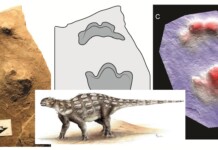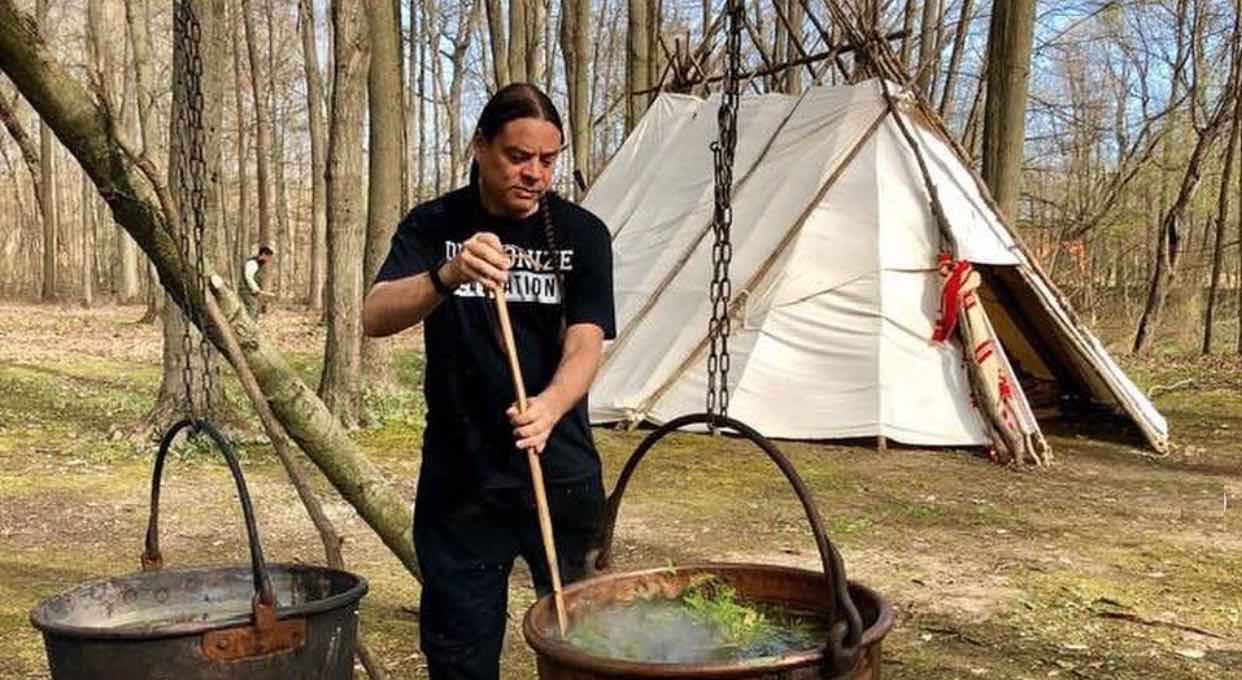If you’re like me, you never learned how to spell “sous chef” in school. Sean Sherman, on the other hand, has an altogether different meaning for the words.
Known on social media as The Sioux Chef, Sherman, who grew up on the Pine Ridge Indian Reservation and is a member of the Oglala Lakota, is reconnecting the denizens of North America with native flavors and ingredients, and working to inspire a generation of indigenous chefs to reclaim their culinary past.
Pine Ridge in South Dakota contains some of the poorest communities in the country, and its out of that environment that Sherman got his first job in the restaurant industry as a dishwasher at a local steakhouse.
As he fostered a love of cooking, which saw him move to Minneapolis to study Japanese and French cuisines, Sherman realized he didn’t know indigenous recipes.
“What were my Lakota ancestors eating and storing away? How were they getting oils and salts and fats and sugars and things like that?” Sherman remembered asking himself in an interview on PBS News Hour. “So it took me quite a few years of just researching, but it really became a passion.”
These years of researching, talking to tribal elders, and consulting written material produced The Sioux Chef’s Indigenous Kitchen, which in 2018 won Sherman the coveted James Beard Award for Best American Cookbook.
RELATED: This Cycling Group is Repairing Bikes for Free All Over the Navajo Nation
“Part of our challenge to ourselves was to cut out colonial ingredients, so we stopped using dairy, wheat flour, cane sugar,” he said.
Following the book, Sherman opened his restaurant Owamni in Minneapolis, and created the North American Traditional Indigenous Food Systems (NATIFS), a professional Indigenous kitchen and training center that seeks to create an educational space for native chefs to hone and develop their skills, and reconnect with their cooking heritage.
He cooks with ingredients like hyssop, a shrub similar to thyme or marjoram, cedar, dandelion, mushrooms, native squashes, corn ash, sunchokes, sassafras leaves, bergamot, wild rice, and berries.
His choices of meats mirror those hunted by his ancestors—bison and deer species, river fish, and game birds.
MORE: Native American Tribe in Maine Gets Back Sacred Island Taken 160 Years Ago
“For Indigenous people who went through intense assimilation, we lost a lot of our food culture,” Sherman told Food and Wine.
“But we’re at a point now where we can reclaim it and evolve it for the next generation. To be able to share culture through food will be really healing.”
(MEET Sherman in the video below.)
SHARE This Inspiring Story on Social Media…




















